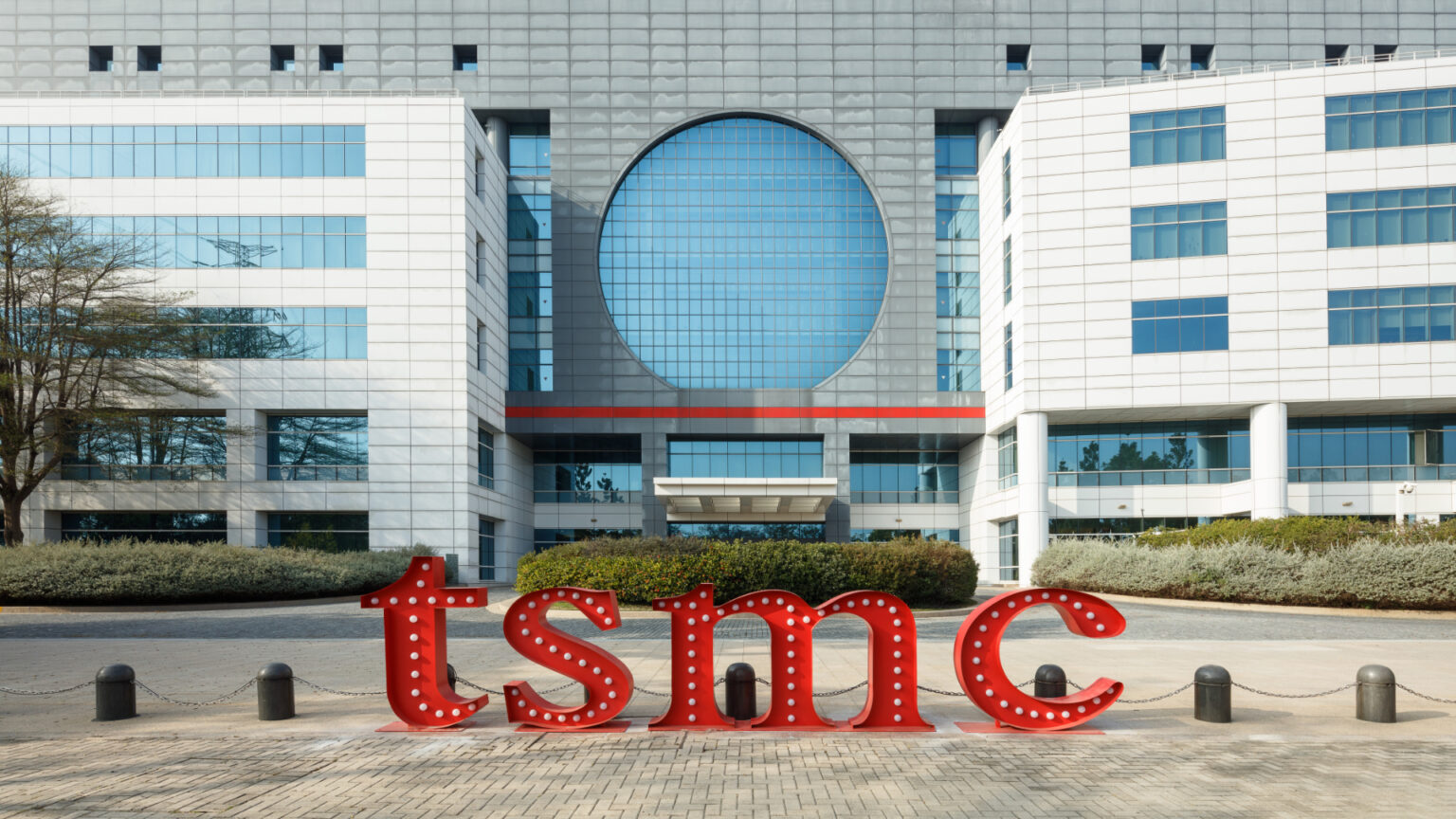Taiwan Semiconductor Manufacturing Co.(TSMC), a key chipmaker for companies such as Apple, Nvidia and AMD, plans to significantly increase the price of its most advanced semiconductors.
According to industry reports, the increase could be as high as 10%, a signal of rising costs at the heart of the global technology supply chain.
The main reason for this decision is the financial pressure from US trade policy and the increasing costs of global expansion. Although TSMC does most of its manufacturing in Taiwan, the company is facing costs related to import duties imposed by the US.
Until now, the Taiwanese giant has largely absorbed these burdens to remain competitive. However, ongoing geopolitical tensions and pressure on margins have prompted management to change its strategy.
The decision to pass on costs to customers is also linked to TSMC’s massive investments in the US. The construction of state-of-the-art factories in Arizona, partly financed by CHIPS Act subsidies, is aimed at geographically diversifying production and mitigating future customs risks.
These strategic but capital-intensive projects generate additional costs, which the company intends to compensate for by adjusting price lists.
As the undisputed market leader in the production of the most advanced chips (below 5 nm), TSMC is in a position to dictate terms. Price increases will almost certainly be passed down the value chain.
Manufacturers such as Apple and Nvidia, facing higher component costs, are likely to revise the prices of their flagship products – from iPhones to GeForce graphics cards.
As a result, the rising costs and geopolitical reshuffling of the semiconductor industry will ultimately be paid for by the consumer.
TSMC’s decision clearly shows that the era of low-cost, globally produced chips may be coming to an end, with higher prices driven by national security strategies and regionalisation of production becoming the new norm.












